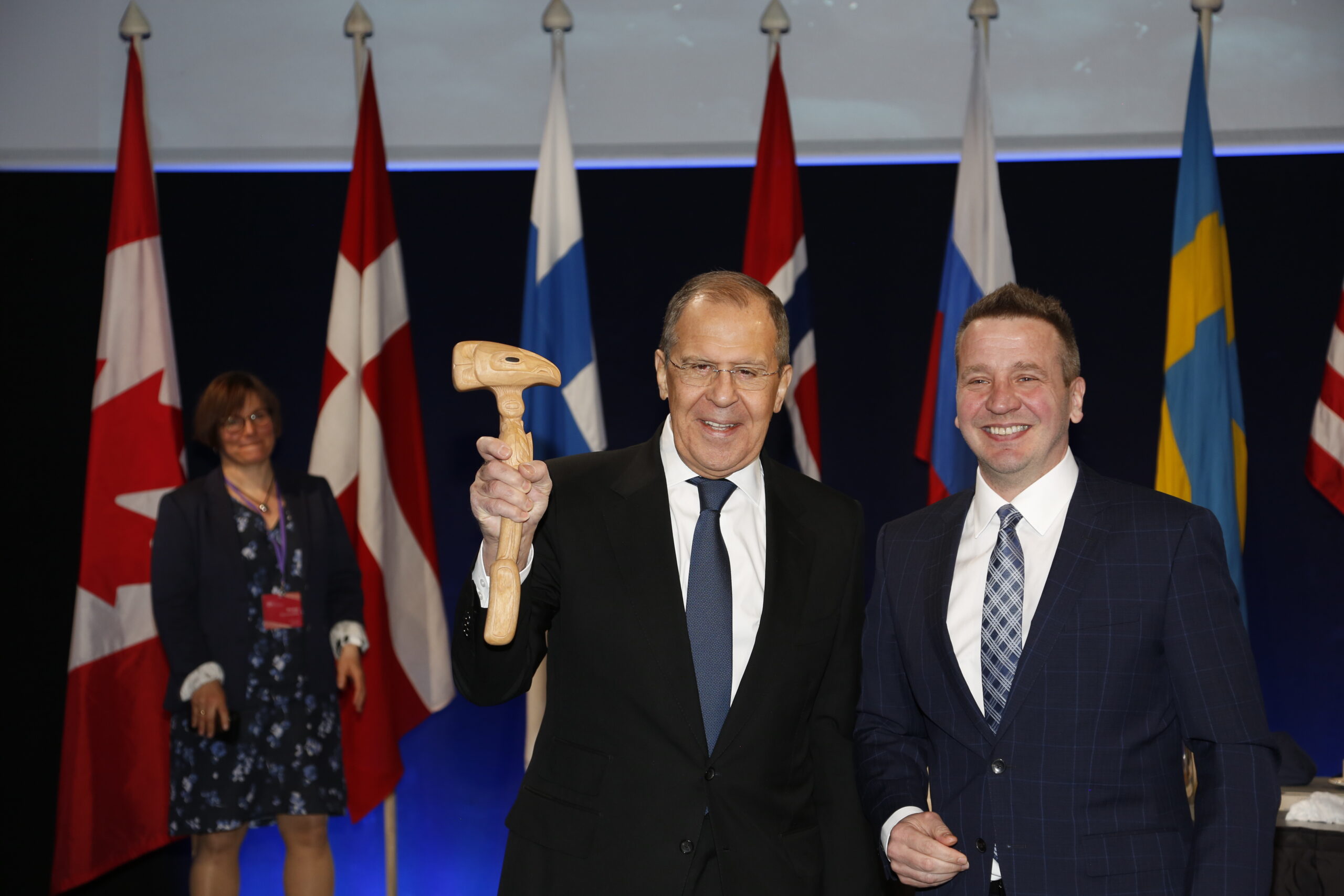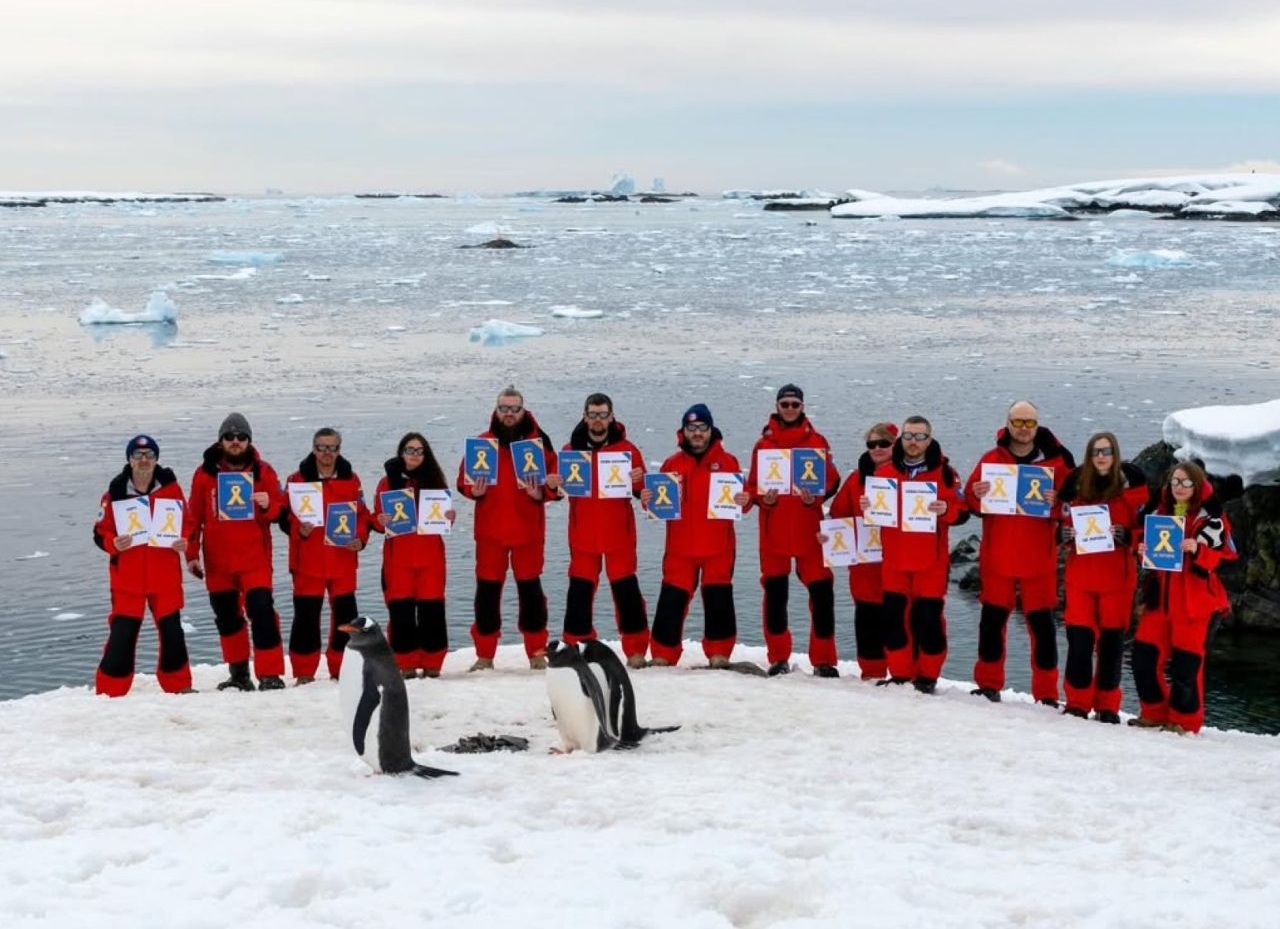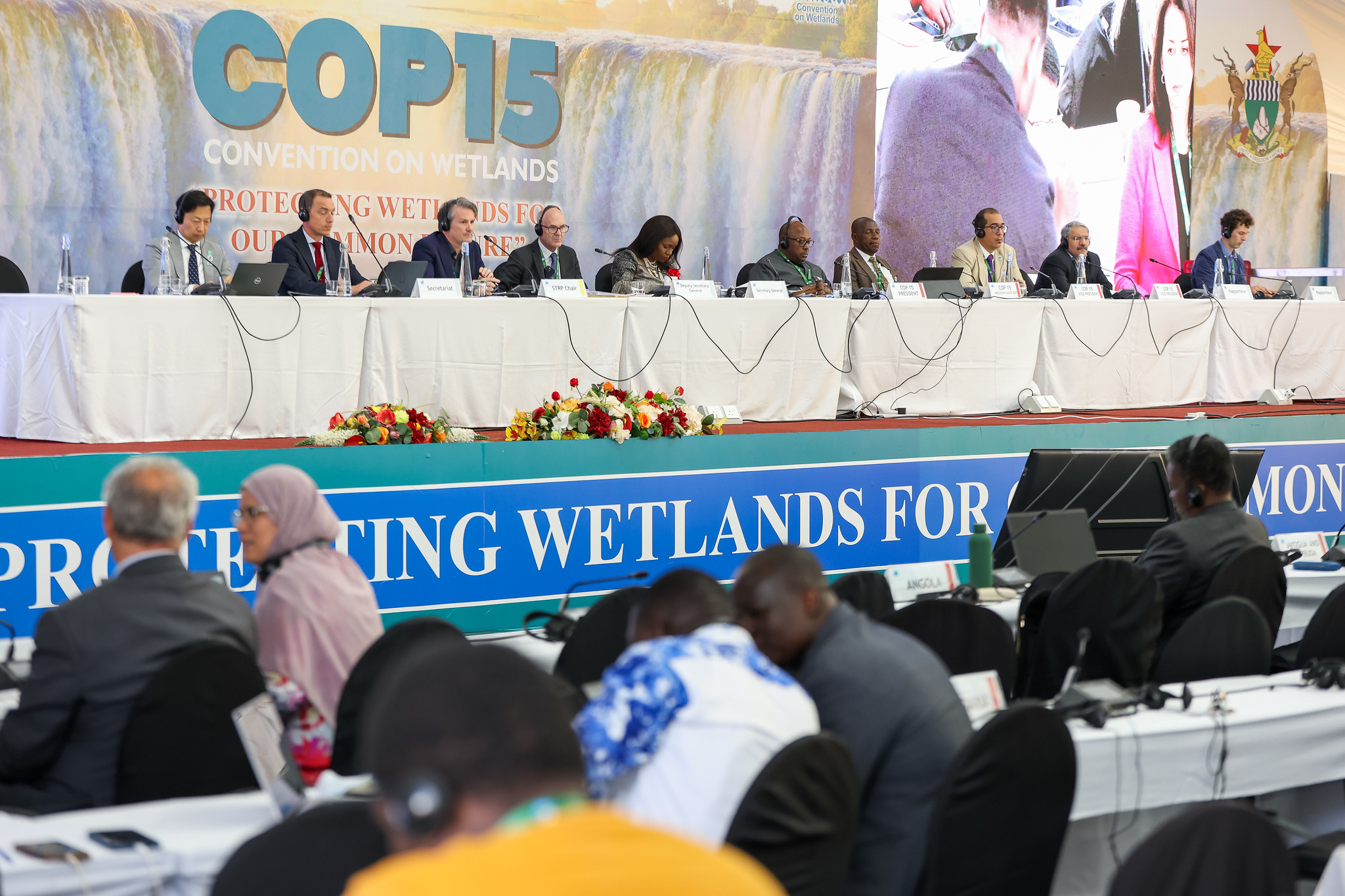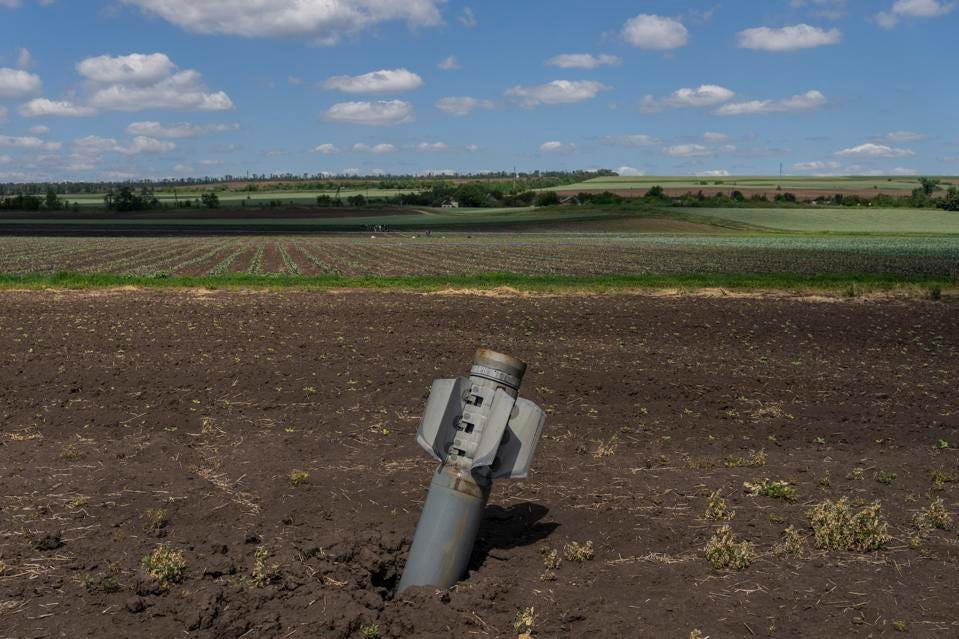Eugene Simonov, Angelina Davydova
In the first year of the war, the Ukrainian Ministry of Foreign Affairs and civil society organizations persistently proposed to expel countries that had launched military invasions from any (multilateral) international treaties, including environmental and climate agreements. UWEC authors have repeatedly attempted to analyze the consequences of possible expulsions. Now, as the number of precedents for countries withdrawing from conventions continues to grow (including on the initiative of the aggressor countries themselves), it is time to analyze the causes and consequences of such steps, including for the environment and international cooperation as a whole.
As of the beginning of 2022, both the Russian Federation and the Republic Belarus were parties to most international environmental agreements and mechanisms, both regional and global. In addition to obvious benefits for participating governments, these mechanisms often provided civil society organizations with additional opportunities for nature conservation under Russia’s and Belarus’s repressive political conditions, as well as important channels for international cooperation.
Starting in 2022, the participation of Belarus and Russia in certain international environmental agreements and mechanisms was restricted or suspended by the other parties to these treaties due to the Russian Federation’s invasion of Ukraine. However, Belarus and Russia withdrew from most of the denounced conventions and agreements on their own initiative, demonstrating their “resentment” toward the international community.
Precedent in Belarus
It was precisely because of the war in Ukraine that Belarus withdrew from the 1979 Council of Europe Convention on the Conservation of European Wildlife and Natural Habitats (further, Bern Convention). In early March 2022, the Council of Europe condemned Belarus’ active participation in Russia’s aggression against Ukraine and called on the Secretary General to take measures. The Committee of Ministers of the Council of Europe appealed to the bodies established on the basis of the conventions in which Belarus participates, proposing to review the modalities of Belarus’ engagement therein. In November 2022, at the 42nd session of the Standing Committee of the Bern Convention, it was decided by a majority vote to restrict the rights of Belarusian representatives to be elected to a Convention Bureau, to serve as chair of any Group of Experts, or otherwise act on behalf of the Standing Committee.
In response, official representatives of the country stated that such a decision contradicted both the Bern Convention itself and the Committee’s rules of procedure, but the Committee was unmoved. The next step was Belarus’ denunciation of the convention in August 2023. This move is similar to Belarus’ earlier withdrawal in July 2022 from the Aarhus Convention on Access to Information, Public Participation in Decision-Making and Access to Justice in Environmental Matters.
Read more: Belarus eliminates independent environmental organizations and exits the Aarhus Convention
According to Irina Sukhy, the co-founder of the Belarusian environmental organization Ecohome, the difference between the two withdrawal precedents is that the decision to withdraw from the Aarhus Convention was made by the country in response to measures intended to compel Belarus to comply with that Convention’s provisions. However, the country chose to denounce the convention in order to avoid fulfilling its obligations. In contrast, the withdrawal from the Bern Convention was a consequence of the Council of Europe restricting the rights of aggressor countries within the framework of all conventions and mechanisms that it coordinates. “The Bern Convention Committee has only taken general, symbolic steps, declaring the unacceptability of actions that unleash war and limiting the aggressor country’s ability to act on behalf of all countries within the convention,” Sukhy stated.
Environmentalists surveyed by Ecohome fear that withdrawal from the convention could see the resurrection of cruel methods in animal hunting and the resumption of hunting large predators that are protected in Europe. It could also put an end to the Emerald Network’s development. Indeed, hunting for bears and lynxes has recently been permitted in Belarus. The most significant consequence of Belarus’s withdrawal from the agreement is that it deprives civil society of the ability to file complaints about anti-environmental actions taken by the authorities with the Convention’s bodies.
Agreements abandoned by Russia
After its full-scale invasion of Ukraine in February 2022, Russia found its ability to cooperate under many agreements restricted and also unilaterally chose to denounce some of them.
In May 2022, Russia announced its withdrawal from the Council of the Baltic Sea States (CBSS), accusing its members of “politicizing its activities” after the Council suspended Russia’s membership (as well as Belarus’ observer status) in the organization on March 3, 2022, due to the attack on Ukraine. The Council was formed in 1992 by all countries in the Baltic Sea region to establish cooperation after the end of the Cold War.
Daria Akhutina, Director General of the Nordic Center for Sustainable Development, stated in a review of the Baltic regional policy published by the Russian pro-government think tank RIAC (Russian International Affairs Council) in June 2025 that “until recently, Russia’s membership in the Council was considered its strength and competitive advantage over other regional cooperation formats, such as the Nordic Council of Ministers…. Currently, the consolidating factor for the CBSS member states remains their confrontation with Russia and their comprehensive support for Ukraine.”
Russia’s participation in the Joint Maritime Agenda for the Black Sea established by the governments of Bulgaria, Georgia, Moldova, Russia, Romania, Turkey, and Ukraine in 2019 was also suspended by a decision of partner members in response to the full-scale invasion.
The Russian Federation withdrew from the Barents/Euro-Arctic Council (BEAC) on September 18, 2023, due to other partners’ refusal to cooperate with it. The current members of this organization are Denmark, Iceland, Norway, Finland, and Sweden. In April 2025, Russia also withdrew from a 2008 agreement among BEAC countries on cooperation in the field of emergency prevention, preparedness and response.
On March 30, 2022, the participation of Russian representatives in the activities of the Convention on the International Council for the Exploration of the Sea (ICES) was suspended by the Council. In March 2024, Russia announced it had begun a procedure for withdrawing from the convention. On October 29, 2024, Russian President Vladimir Putin signed a law denouncing the convention, an agreement which had been in force since 1964.
In June 2024, Russia withdrew from the 1979 Protocol to the Convention on Long-Range Transboundary Air Pollution, administered by the United Nations Economic Commission for Europe. The protocol was signed in Geneva in 1984. Its purpose is to finance the Cooperative Programme for Monitoring and Evaluation of the Long-range Transmission of Air Pollutants in Europe (EMEP). Three international scientific centers were established with the Convention’s financial support. In December 2023, on the initiative of Ukraine and with the support of all European delegations, the parties to the Agreement decided to close the Vostok Meteorological Synthesis Center in Moscow and relocate it to Slovenia.
On December 28, 2024, the President of Russia signed a law denouncing the Framework Agreement on a Multilateral Nuclear Environmental Program in the Russian Federation and the Protocol on Claims, Legal Proceedings, and Indemnification from Financial Liability to that agreement (signed in 2003). This agreement with European governments and banks provided financing and technical assistance for projects to eliminate sources of radioactive contamination, such as old nuclear submarines in the northern seas of the Russian Federation.
In an interview with Vazhnye Istorii (“Important Stories”), Bellona expert Alexander Nikitin commented: “If the Russian Federation does not complete projects already underway—in Andreeva Guba, Gremikha or on the seafloor in Arctic waters to raise sunken and submerged nuclear and radiation-hazardous objects—radiation risks in the Arctic will increase for fishermen and ships on the Northern Sea Route… If the Russian Federation resumes accumulating radioactive and nuclear waste, as it did in the Soviet era, then “things will return to square one—before international projects to clean up the Soviet Union’s nuclear legacy began.”
In July 2025, Russia denounced the Ramsar Convention on Wetlands of International Importance especially as Waterfowl Habitat, adopted in 1971. In August, the Russian president issued instructions to fulfill this convention’s objectives on the territory of Russia, providing for the creation of its own wetlands protection legislation and a system of bilateral agreements on the protection of migratory birds.
Read more: The Ramsar split—was it inevitable, and what should be done next?
On September 1, 2025, Russian Prime Minister Mikhail Mishustin signed an order to canceling payment of Russia’s membership fees to the Nuclear Energy Agency of the Organization for Economic Cooperation and Development (NEA OECD). Three and a half years ago, the OECD suspended Russia’s membership in the Nuclear Energy Agency (NEA) effective May 11, 2022. Russia became a member of the Agency—created in 1958 and currently with 34 member countries—in 2013. The Agency’s main task is to assist member countries in maintaining and developing the scientific, technological and legal foundations for the safe, environmentally sound and economically efficient use of nuclear energy for peaceful purposes.
Russia chooses where to leave and where to stay
Despite restrictions imposed on its participation due to the war, it is important to note that Russia has not definitively left a number of other international environmental agreements that it considers important. These agreements are mainly key regional mechanisms that support international efforts to protect transboundary seas and their coastlines.
The Commission on the Protection of the Black Sea Against Pollution implements the Convention on the Protection of the Black Sea from Pollution (Bucharest Convention), its protocols, and the Strategic Action Plan for the Restoration and Protection of the Black Sea. The convention was signed in 1992 by representatives of Bulgaria, Georgia, Russia, Turkey, Romania and Ukraine. In October 2024, Ukraine blocked the transfer of the chairmanship of the convention’s secretariat to the Russian Federation. In January 2025, Russia successfully thwarted attempts by Ukraine to urge the Commission to take effective measures in connection with an unprecedented oil spill in the Kerch Strait.
Read more: International reaction to the Kerch Strait oil spill
Russia’s participation in the Helsinki Commission for the Protection of the Marine Environment of the Baltic Sea (HELCOM) was also de facto suspended on March 4, 2022 following a unanimous decision by all other members to suspend official HELCOM meetings and working group activities involving Russia. This “strategic pause” did not prevent the other members from cooperating with each other in the “X-9” format. Russia has not yet denounced the 1974 Helsinki Convention, signed by the USSR, for the implementation of which HELCOM was created.
Similar to HELCOM, the Arctic Council suspended political-level meetings in 2022 in order to freeze contacts with Russia during its chairmanship. In May 2023, the Russian representative to the Arctic Council announced the possible withdrawal of the Russian Federation from the organization if it was not invited to events, and in February 2024, Russia suspended its payment of annual contributions until the resumption of practical work with the participation of all member countries. In 2025, a Russian diplomat participated in the 14th session of the Council via videoconference, but the work of the Arctic Council Senior Officials Committee remains frozen. On the same day, Russia participated in joint virtual exercises to prevent oil spills off the coast of Norway. Formally, the country also continues to chair the Council’s working group on migratory birds.
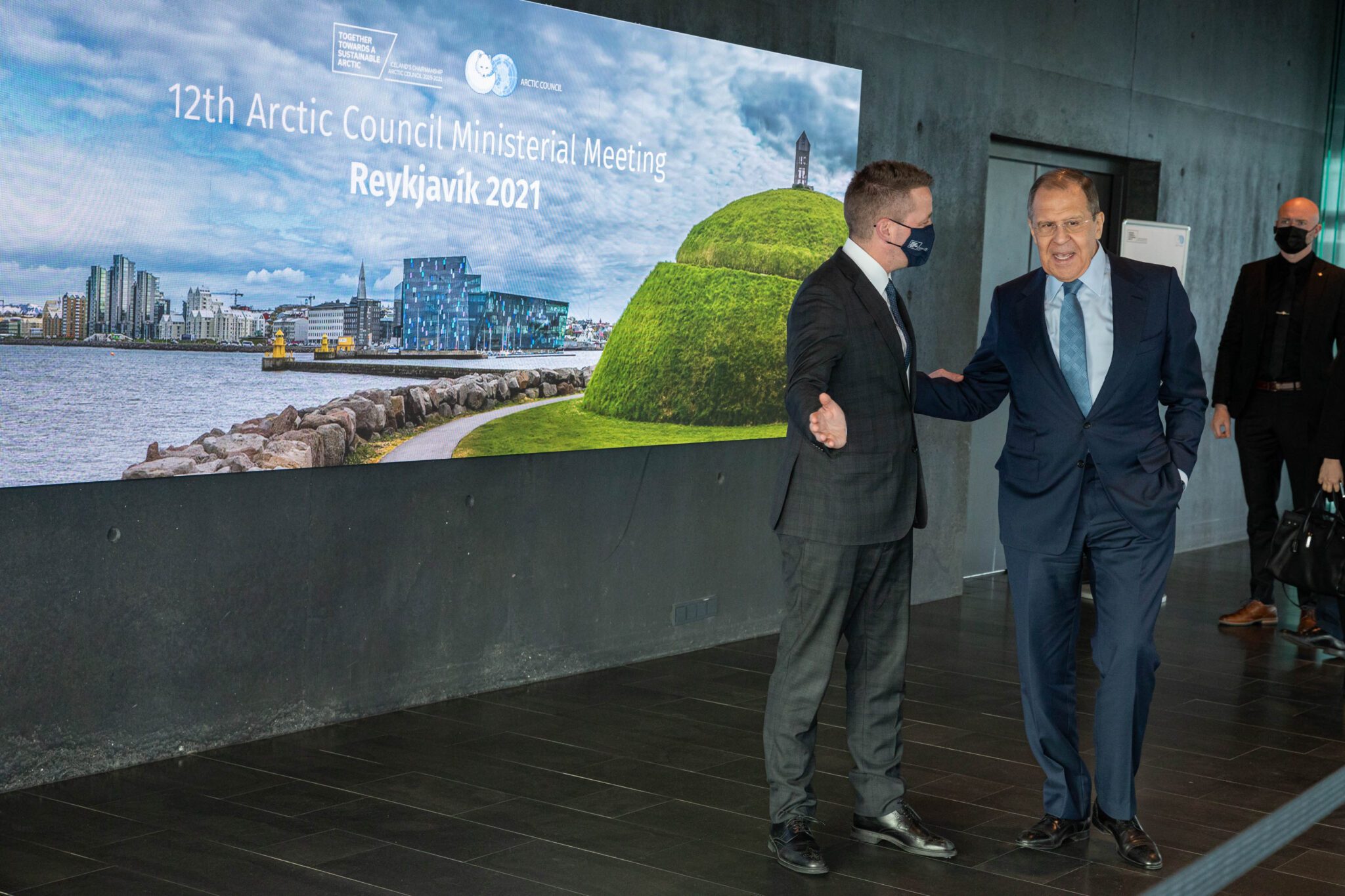
In a May 2025 public statement, outgoing chair of the Arctic Council, Espen Barth Eide—Minister of Foreign Affairs for Norway—noted the significance that the Arctic Council “remains united,” and added that “it is particularly important to maintain a forum for all Arctic States and the Indigenous Peoples in the region.”
Given that approximately half of the Arctic belongs to Russia, international Arctic agreements and projects often lack meaning without that nation’s participation. Arctic countries also fear that Russia, China and other “non-Western” countries will create alternative mechanisms for Arctic cooperation. In response, other Arctic countries are searching for a politically-acceptable format for cooperation, primarily on environmental and climate issues.
Margaret Williams, Senior Fellow, Arctic Initiative, Belfer Center for Science and International Affairs at the Harvard Kennedy School of Government, noted that many advances in Arctic wildlife research over the last 30 years have been achieved as a result of cooperation between Western and Russian scientists. For example, population estimates and seasonal distributions of the Pacific walrus population and the Alaska Chukotka polar bear population were possible only because American and Russian scientists worked together on both sides of the Bering Strait. Since 2022, virtually all of this joint field work has ceased.
Although the Arctic Council’s effectiveness has been weakened by interruptions stemming from the “double whammy” of the pandemic and then Russia’s war on Ukraine, Russia’s continuing engagement in the Arctic Council makes it an important and unique forum.
Read more: What does Russia’s war in Ukraine mean for global biodiversity conservation efforts?
The Central Arctic Ocean Fisheries Agreement (CAOFA) is an interesting example of a regional environmental convention that has not been “frozen” due to the war in Ukraine. This agreement, which came into force in 2021, introduced a 16-year ban on commercial fishing in the CAO, giving participating countries time to better study the region’s biodiversity and fishery potential in order to avoid future depletion of marine biological resources. The parties to the agreement are the EU, Denmark (as representative of Greenland), the US, Russia, Japan, Korea, Canada, China, Norway and Iceland. All four annual meetings of the parties have been held since the start of the war, with representatives from Russia participating in all of them, while also continuing to work in the coordinating scientific committee and other working bodies under the convention. Despite the fact that the parties to the agreement are divided by the war in Ukraine, trade wars and a host of other conflicts, they continue to try to work together on the development of a new environmental convention.
Is the policy of isolation working?
Political scientist Alexei Uvarov, in an interview with Riddle, says that excluding a country from the international mechanism often serves a symbolic function: it reflects already established international isolation rather than being its cause. He notes that “exclusion can play a significant reputational role, and in certain areas—such as technological exchange, science, or economic cooperation—these measures can have tangible effects. However, their impact remains limited and rarely becomes a decisive factor in altering a state’s foreign policy strategy. This raises questions about the effectiveness of such measures as tools for preventing wars and ensuring international security.”
The examples of Russia and Belarus withdrawing from conventions show that there can be varying reasons for such decisions. The most common scenario is when the participation of aggressor countries in cooperation mechanisms has been severely restricted by partners, allowing these countries to justify their withdrawal by arguing that further nominal participation without the possibility of actual cooperation was useless. In the context of international conventions, it was not participation per se that was restricted, but the right to hold leadership positions or represent all members of the convention bodies, which allowed Russia and Belarus, in particular, to claim “discrimination”. It is worth noting that official delegations from the Russian Federation often act very selectively. For example, despite suspending funding for projects on its territory, Russia did not withdraw from membership on the boards of directors at international development banks.
Experts UWEC spoke with have not yet identified a single case where restricting Russia’s participation in an international environmental mechanism was dictated by real security threats in wartime or that such restrictions reduced the likelihood of aggressive actions in the future. Excluding a country from environmental agreements or restricting its participation in them often reduces that nation’s compliance with international environmental obligations. In other words, ultimately, this is more detrimental to the international community than to the aggressor state. However, it is important to note that mechanisms such as the Arctic Council, CBSS and BEAC involve a wide range of interactions that go far beyond environmental and climate issues.
UNESCO offers an alternative approach to “educating the aggressor”. Although international condemnation of the aggression and sanctions led to the cancellation of the 2022 World Heritage Committee session in Kazan and to Russia’s refusal to chair the Committee, no one has “put Russia’s membership in the organization on strategic hold.” Nevertheless, the governing bodies of conventions and mechanisms coordinated by UNESCO regularly attempt to take measures to counter Russian aggression. At the same time, representatives of the Russian Foreign Ministry are, in a sense, “forced” to participate in the meetings, which, according to experts, has a greater moral impact on the Russian delegation than if the discussions were held without the Russian delegation (in the event that the country withdrew from UNESCO).
Read more: Ukraine’s UNESCO World Heritage sites at risk as war goes on
Whether it is useful to restrict the participation of aggressor countries in international environmental and climate agreements is a complex ethical and political question. Even while such a measure is inevitable in the course of political confrontation, ultimately its utility is not clear and the costs are very high.
The withdrawal of countries from international environmental agreements generally weakens the international system of environmental and climate governance/regulation as well as significantly complicating the work of environmental organizations and civil society activists within these countries. The withdrawal of an aggressor-country from regional agreements is the most painful for potential environmental protection and monitoring in a particular region, be it the Arctic, Europe, or the Black Sea.
Oleksii Vasyliuk, chair of the Ukrainian Nature Conservation Group (UNCG), is convinced that when aggressor countries withdraw from conventions, the mechanisms that hold them accountable to the international community and civil society are destroyed. “Contrary to initial impressions, denunciation is not a ‘victory over the aggressor’.
On the contrary,” he continues, “it means withdrawal from international obligations. Not being a participant in an agreement means not being a violator. Mechanisms for public participation in the work of conventions made it possible to share information about problems outside the aggressor countries and to facilitate external influence on them. Now, NGOs (including activists from countries that have initiated military conflicts) are losing important channels through which they can monitor performance and influence the environmental policies of these countries. This means that NGOs can no longer help the international community to compel authoritarian regimes to comply with international law.” Earlier, UNCG published a statement calling to expel Russia from the governing bodies of conventions but not from their membership in those conventions.
Conversely, the world’s attention is now focused on the dismantling of international environmental agreements initiated by the new US administration, which was, until 2025, the largest financial contributor to many agreements and conventions. Against this backdrop, turmoil in international environmental cooperation caused by the war in Ukraine is gradually becoming less visible and less significant for the international community. Ultimately, however, it will also contribute to the collapse of modern international environmental law.
The evolution of the international environmental law system and the mechanisms that ensure its implementation is inevitable. Moreover, such changes will be very painful in a world already torn by contradictions. Therefore, the challenge of interaction with aggressor countries within the framework of international environmental agreements requires joint discussion and analysis, balanced collective decisions and consistent implementation in the practical mechanisms of international politics.
Main image: Russian Foreign Minister Sergey Lavrov assumes Arctic Council Chairmanship in 2021, Reykjavik, Iceland. Source: Arctic Council Archive

